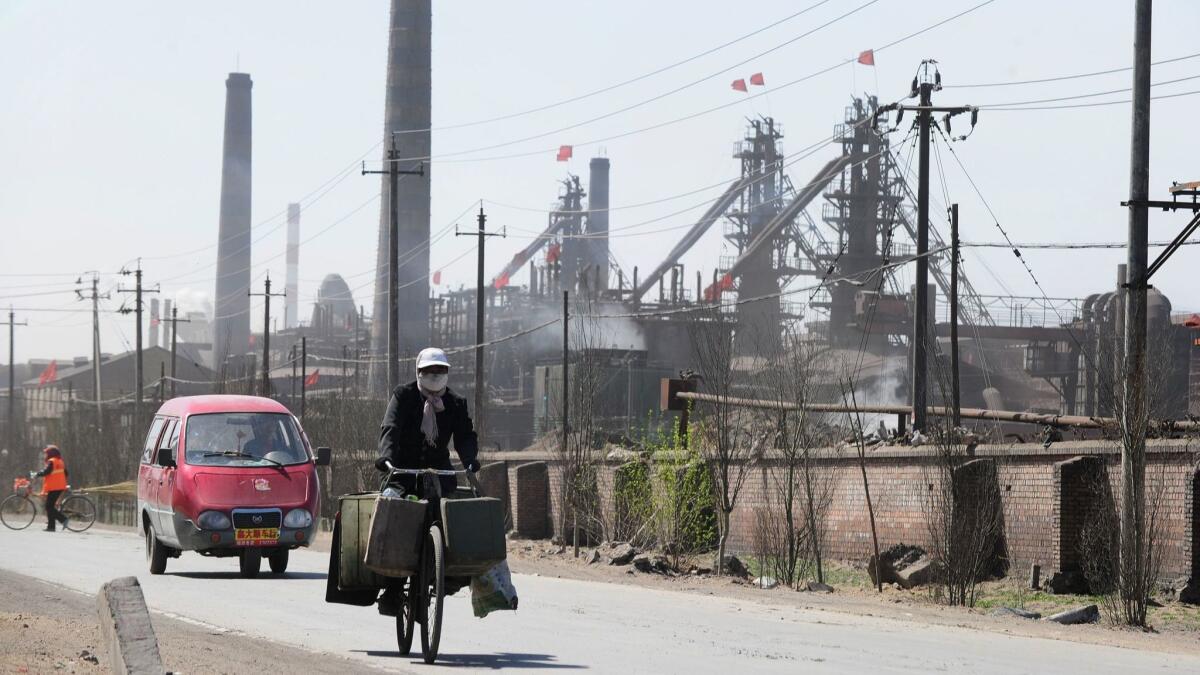U.S. to ensure rare-earth supply amid trade war with China

The U.S. will take steps to ensure it doesn’t get cut off from the supply of rare earths used in a wide variety of products, including computer screens, missile systems and mobile phones, Commerce Secretary Wilbur Ross said.
The Commerce Department on Tuesday released a report requested by President Trump in December 2017, when he asked officials to look into U.S. access to so-called rare earths, a group of 17 elements, including lanthanum and terbium.
“These critical minerals are often overlooked, but modern life without them would be impossible,” Ross said in a statement. “Through the recommendations detailed in this report, the federal government will take unprecedented action to ensure that the United States will not be cut off from these vital materials.”
Beijing has readied a plan to restrict exports of rare earths to the U.S. if the trade war between the two nations deepens, people familiar with the matter told Bloomberg News last month.
The report acknowledged the potential danger to the U.S. of being shut out of foreign supplies of rare earths. “The United States is heavily dependent on critical mineral imports,” according to the report. “If China or Russia were to stop exports to the United States and its allies for a prolonged period — similar to China’s rare earths embargo in 2010 — an extended supply disruption could cause significant shocks throughout U.S. and foreign critical mineral supply chains.”
China accounts for more than 70% of global output of rare earths. The U.S. was the leading global producer of rare earths from the 1960s to the ’80s, when production began shifting offshore.
The Commerce report recommends a number of steps, including improving the government’s understanding of domestic sources of rare earths and expediting approvals of mining permits.
The U.S. has 1.4 million metric tons in rare earth-mine reserves, 93 times the nation’s output last year, according to data from the U.S. Geological Survey website. The country’s only producer, MP Materials, has been shipping all its output from the Mountain Pass mine in California to China because there is no refining capacity available to handle its output anywhere else in the world, its biggest shareholder said.
More to Read
Inside the business of entertainment
The Wide Shot brings you news, analysis and insights on everything from streaming wars to production — and what it all means for the future.
You may occasionally receive promotional content from the Los Angeles Times.










